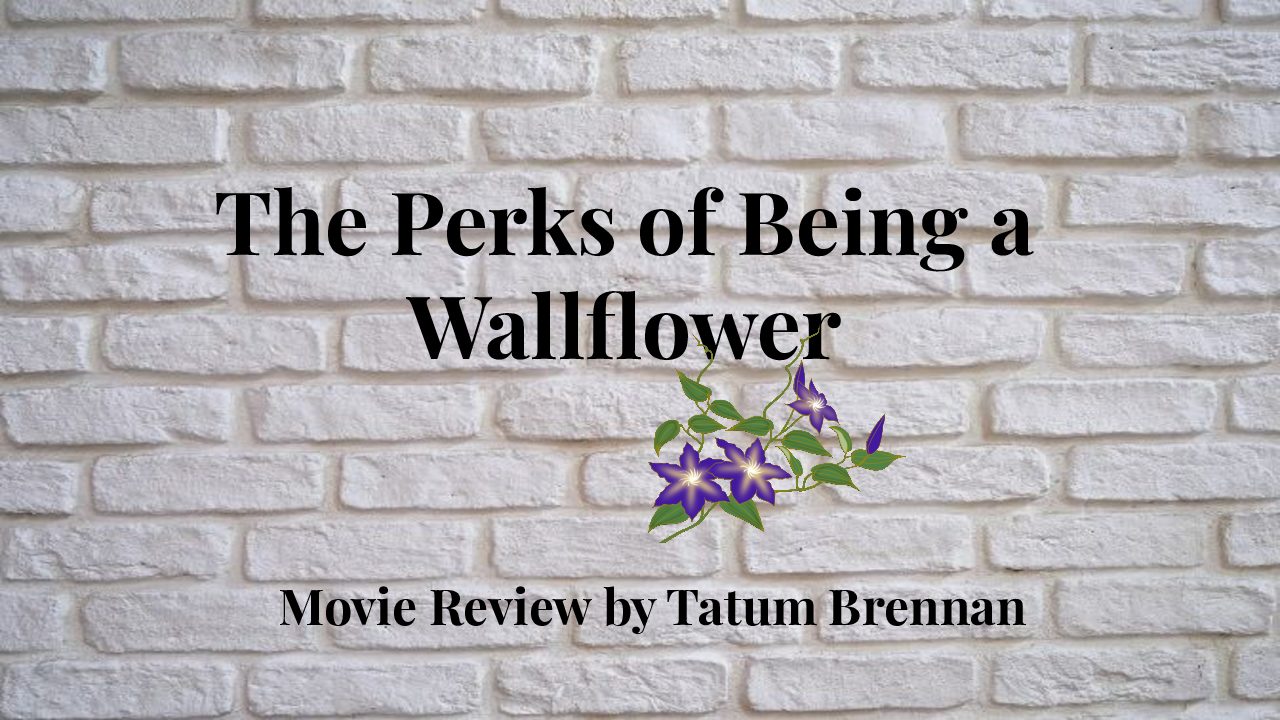The importance of literature
March 23, 2017
Remember the last time the idea of reading a book for school was exciting? Remember the last time reading was a common weekend pastime? Chances are, growing up in an ever-advancing digital age, you waited for the movie or read Sparknotes instead. Literature is a dying art. The unparalleled imagery in Oscar Wilde’s The Picture of Dorian Gray goes unseen, unread. The gripping tale of Paul in All Quiet on the Western Front fails to impact, having never been opened. The famous story Huckleberry Finn becomes less so. The effortless words of F. Scott Fitzgerald are taken for granted.
Of course, not all books we read in school are relatable or interesting or beautiful—we all have different tastes. Nonetheless, the literature assigned in our schools is important; it can teach in more than words: it can teach emotion, life, compassion; it can cause epiphanies, conjure dreams, and bring happiness. Literature can teach us about the world and our history. We can apply our lessons from literature to the present—some archetypes never age. I’m not saying we have to read every book forced upon us; I’m saying give literature a chance.
Literature exists beyond the small boundaries of school; however, I know few students who frequently go to bookstores and read in their free time. Reading can expand our knowledge in ways that digital alternatives cannot. Read a book; I don’t care what or why or when, but pick something that interests you. Get lost in an alternate universe; become part of a different time period; learn something. The dearth in reading extends beyond the disinterest to the books assigned in school; the fact is, children, teenagers, even adults, don’t read anymore. Reading any book, anything that might spark an interest or conjure a smile or elicit emotion, is worth the time. Reading will help in ways beyond simple pleasure: Reading helps with our understanding of the world, our ability to learn, our writing skills, and the way we speak.
The problem is, in a digital age, we are too distracted by all the internet amenities to bother ourselves with sitting down and reading. Who reads anymore? And there may be the people who like to read, who love to read, but their schedule is far too stacked with extracurriculars and academics to allow it. Full time students cannot find time to browse for a book because they are already loaded down with 10,000 other assignments they have to complete.
To what extent are teachers doing their students a disservice? In elementary school, sure, we had assigned books, but we also were allowed to choose a book of personal interest to read every unit. I realize the elementary school curriculum and high school curriculum are vastly different; however, I believe, if high school teachers want a happy marriage between students and literature, students should be allowed to read one book of choice each semester. By allowing students to choose a book that interests them, teaching literature would achieve greater meaning: Now students can learn about universal symbols and motifs and apply that knowledge to everyday reading.
Of course, certain works of literature are taught for a reason—perhaps it harkens on the paramount issues of today. Reading literature not only educates the general public about the past, but also the present, and it teaches humanity lessons about how to navigate the possible future.
In order to reap the multiple benefits literature provides, we have to read the words on the page. Notice the visual imagery. Play the scene in our heads. Save a dying art.
Ten people could read the same book, and the same ten people could interpret it 10,000 different ways. That is the beauty of literature. It’s not like history: Here are the cold, hard facts—now memorize them. It’s not like math; there is no formula for the right answer. Each word in a sentence, each chapter in a book, can mean something entirely different to a person. Reading inspires our imaginations. If not for anything else, shouldn’t we save reading for that?
Edited, shorter version for physical paper:
Remember the last time the idea of reading a book for school was exciting? Chances are, growing up in an ever-advancing digital age, you waited for the movie or read Sparknotes instead. Literature is a dying art. The unparalleled imagery in Oscar Wilde’s The Picture of Dorian Gray goes unseen, unread. The gripping tale of Paul in All Quiet on the Western Front fails to impact, having never been opened. The famous story Huckleberry Finn becomes less so. The effortless words of F. Scott Fitzgerald are taken for granted.
Of course, not all books we read in school are relatable or interesting or beautiful. Nonetheless, literature assigned in our schools is important; it can teach emotion, life, compassion; it can cause epiphanies, conjure dreams, bring happiness. Literature can teach us about the world and our history.
Literature exists beyond the small boundaries of school; however, I know few students who frequently go to bookstores and read in their free time. Reading can expand our knowledge in ways that digital alternatives cannot. Get lost in an alternate universe; become part of a different time period: learn something.The fact is, children, teenagers, even adults, don’t read anymore. Reading will help in ways beyond simple pleasure: Reading helps with our understanding of the world, our ability to learn, our writing skills, and the way we speak.
The problem is, in a digital age, we are too distracted by the internet amenities to bother ourselves with sitting down and reading. There may be people who like to read, who love to read, but their schedule is far too stacked with extracurriculars and academics to allow it. Full-time students cannot find time to browse for a book because they are already loaded down.
To what extent are teachers doing their students a disservice? In elementary school, sure, we had assigned books, but we also were allowed to choose a book of personal interest to read every unit. I realize the elementary school curriculum and high school curriculum are vastly different; however, I believe, if high school teachers want a happy marriage between students and literature, students should be allowed to read one book of choice each semester.
Of course, certain works of literature are taught for a reason—perhaps it harkens on the paramount issues of today. Reading literature not only educates the general public about the past, but also the present, and it teaches humanity lessons about how to navigate the possible future.
In order to reap the multiple benefits literature provides, we have to read the words on the page. Notice the visual imagery. Play the scene in our heads. Save a dying art.
Reading inspires our imaginations. If not for anything else, shouldn’t we save reading for that?






